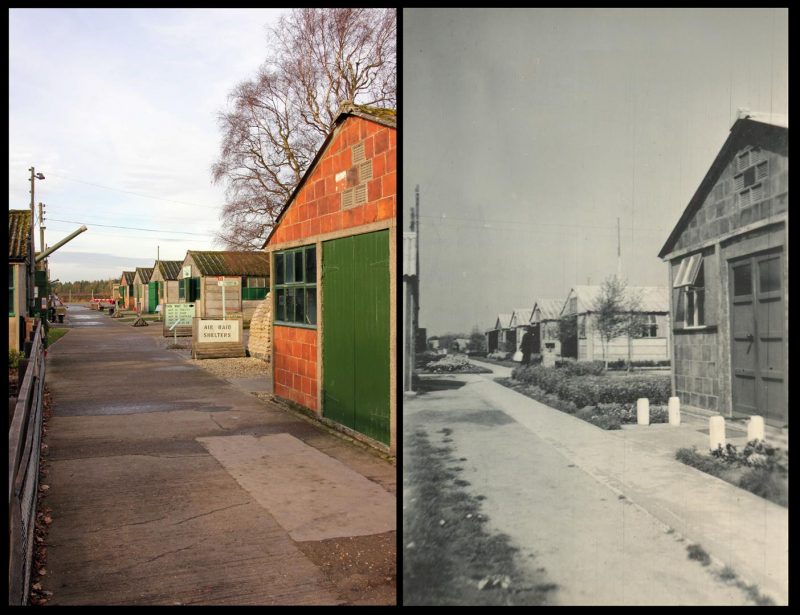In early 1942, a small contingent of Army personnel, under the command of a Sergeant, arrived at Malton, midway between York and Scarborough in North Yorkshire, England. Their task was to construct a barbed wire enclosure and erect tents to house the steady flow of enemy prisoners of war captured by the Allies in North Africa.
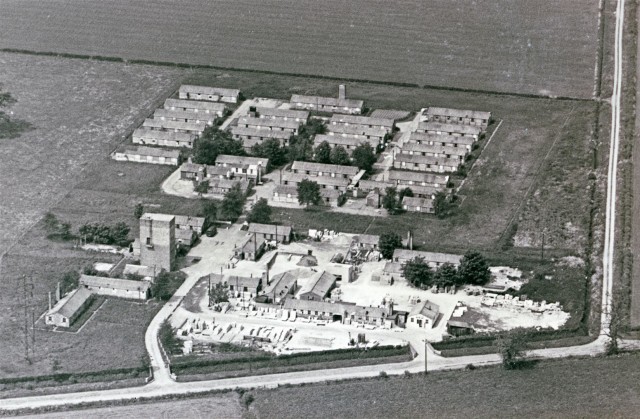
The first inmates were two hundred and fifty Italian prisoners who were transported to Malton Railway Station and marched up to the camp through the town. These prisoners were put to work constructing a larger permanent camp, consisting of forty-five huts, over 8 acres.
The site was given the designation POW Camp 83 (later 250) and named Eden Camp, as Eden House and Eden Farm were nearby. Once completed, it was able to house around 1,200 prisoners at any one time and was one of 33 main camps in Yorkshire, and 400 across Britain. Each camp was surrounded by a network of smaller satellite camps, ranging from hostels to lodgings in barns and farm buildings, for which the main camp acted as administrator.
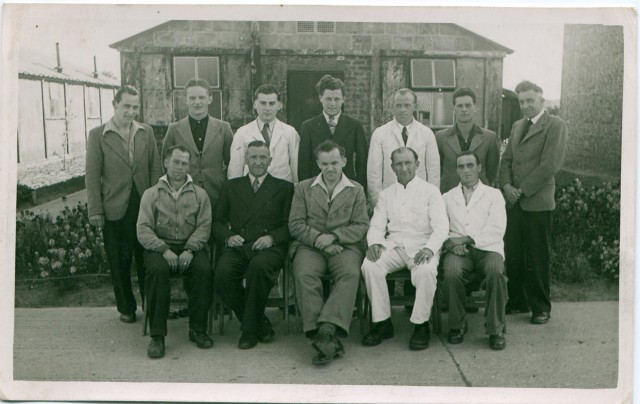
Eden Camp was home to Italian POWs until 1944, when the start of D-Day saw Britain begin to receive a steady stream of German prisoners from mainland Europe. Both Italian and German prisoners were put to work in the surrounding areas under the control of the War Agriculture Office, filling the shortfall of labour in farming.
In their spare time, prisoners crafted all manner of articles from any material to hand. Fraternisation between prisoners and locals were relaxed on Italy’s surrender in 1943 and on Germany’s surrender in 1945, which allowed prisoners to trade and sell their goods, and give them away as gifts.
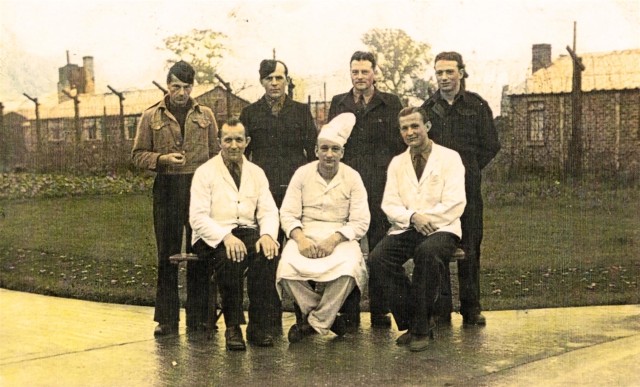
The demand for agricultural workers meant that it was 1948, three years after the war had ended when the last German prisoners were repatriated. Eden Camp then hosted displaced persons from across Europe, before becoming semi-derelict and used for agricultural storage.
In 1986, 35 of the original huts remained intact and the site was bought by local businessman Stan Johnson with the intention of building a crisp factory. It was a chance visit by three former Italian inmates who wanted to look around their old lodgings, that inspired Stan to create a museum.
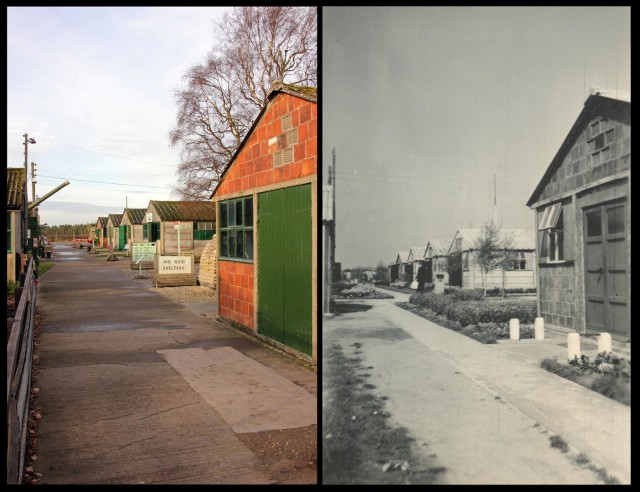
Today, Eden Camp Modern History Theme Museum utilises the original buildings to tell the social and military history of WWII, allowing visitors to travel back in time to experience the sights, the sounds, and the smells of those dangerous years. The displays include military vehicles, air raid shelters, a nuclear bomb, countless recreated scenes, and a comprehensive display on Prisoners of War, including many of the original handmade arts and crafts.
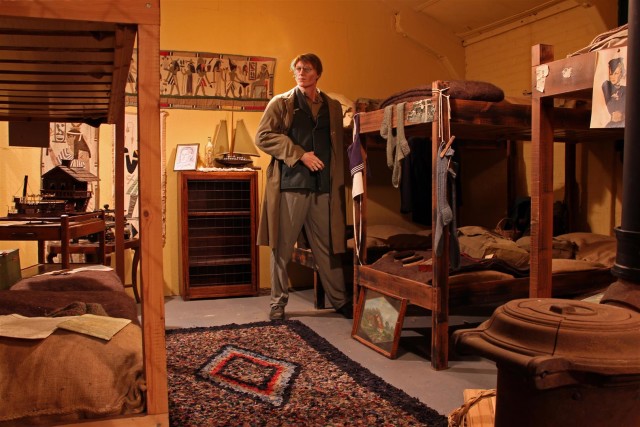
The museum also covers WW1 and post-WW2 conflicts and hosts the largest gathering of veterans in the North of England at the All Services Parade, as well as several reunion events across the year for various groups including the Escape Lines Memorial Society, Royal Signals Association, and Airborne Forces.
For more information see www.edencamp.co.uk or https://www.facebook.com/edencamp
